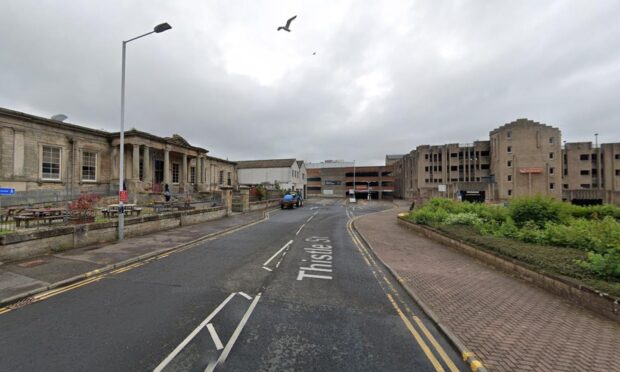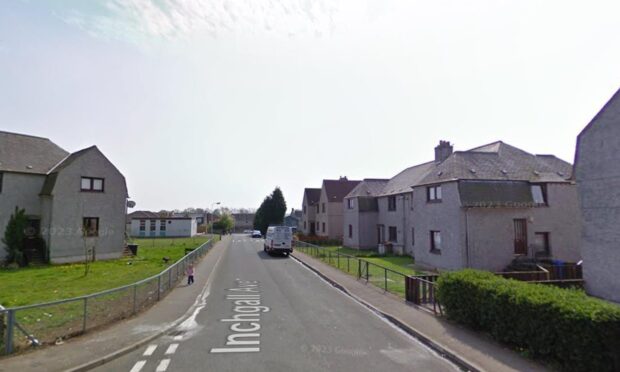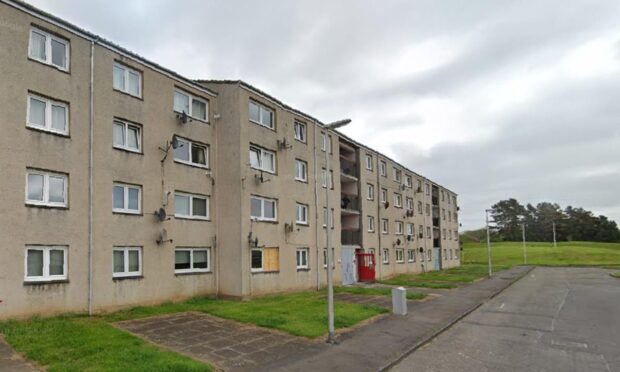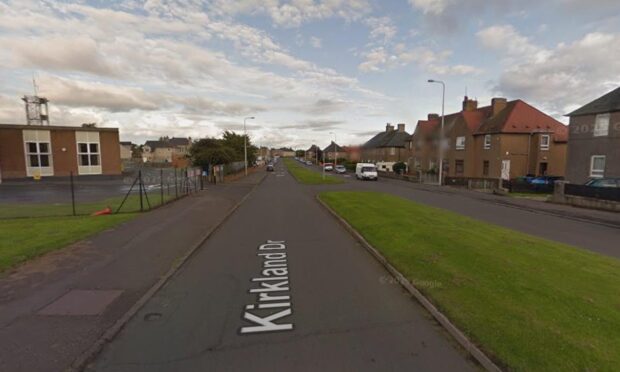A former Dundee player jailed for his part in a brutal baseball bat attack is hoping to get his life back on track after being handed a work placement at Raith Rovers.
Declan Gallagher, 25, was sentenced to three years imprisonment along with co-accused Anthony Murray after being convicted of assaulting Steven Findlay to his severe injury and to the danger of his life in an attack at The Parkville Hotel in Blantyre on April 21 in 2013.
The pair were released on bail pending an appeal and Gallagher had been plying his trade with Livingston, although he was sent back to prison in February to serve his original sentence after judges rejected the legal challenge.
Now, just seven months into his jail term, Gallagher, who lived in Dundee, has been granted day release and a work placement with Championship side Raith five days a week.
The move has been criticised by Gallagher’s victim Mr Findlay, who said the first he was aware of the former Dundee defender’s day release was on Facebook — when photos of Gallagher at his daughter’s christening came to light.
Mr Findlay, who worked as a chef, suffered a fractured skull in the assault and spent five days in intensive care.
“They could’ve killed me but no justice has been served,” he said.
“No matter what faith we had in the justice system, it has let us down.
“Since it happened, the pair have been inside, then let out again, back in….and now we find they are allowed out for days out.”
It is understood that Raith agreed to taking Gallagher, who is serving his sentence at Castle Huntly, on as a work placement after being approached to do so.
The Kirkcaldy club said it will be making no comment on the issue, while the Scottish Prison Service said it can’t comment on individual prisoners.
However, Karyn McCluskey, director of the Scottish Violence Reduction Unit, defended the decision to help Gallagher prepare for life after his sentence.
“Reducing crime fundamentally improves our quality of life and sustained employment is the single most important factor in reducing re-offending,” she said.
“We need to hold people to account for the harm they have caused to victims, keep the people safe and, once they have served their sentence and taken responsibility, enable them to re-enter society and contribute positively.”










